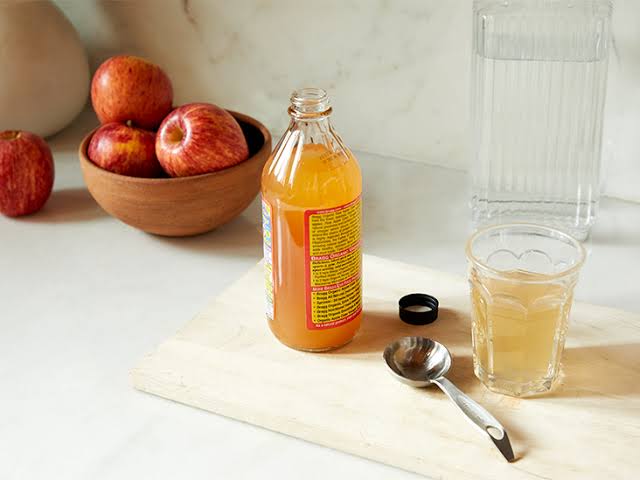
The effect of these foods can vary from person to person.
Have you ever found yourself wishing you could push back your period for a few days?
Maybe you've got a big event coming up, a vacation, or just want a little more control over your menstrual cycle.
While it's always best to consult with a healthcare professional about major health decisions, some foods are believed to have natural properties that could delay your period.
Let’s check out some of them and see how they might help:
Lemon
This citrus fruit is known for its acidic properties, which can affect your menstrual cycle. Consuming lemon juice in moderation might help delay your period.
Apple Cider Vinegar
Often used for its health benefits, apple cider vinegar is also thought to delay periods when consumed regularly in small amounts.
Gelatin
Looking for a quick fix? Gelatin is said to postpone your period for a few hours to a day. Dissolve it in water and drink it quickly for the best effect.
Parsley
This herb contains apiol, which is believed to stimulate menstrual flow. However, in controlled amounts, it might help in delaying your period.
Gram Lentils
These are traditionally used to postpone menstruation. Fry and grind them into a powder, then consume it as soup.
Watermelon
The cooling properties of watermelon are said to help delay your period. It’s refreshing, delicious, and might just do the trick!
Bananas
Rich in potassium and vitamin B6, bananas can effectively reduce water retention and bloating, potentially delaying your period.
Lentils
Consumed in moderation, lentils can help delay your period due to their heat-producing properties.
Cornflakes
Yes, even your breakfast cereal might have an impact. Cornflakes consumed in large quantities are believed to postpone your menstrual cycle.
Rice
Consumed in large quantities, rice might have a delaying effect on your period. It’s a staple in many diets, so this might be an easy option.
Note that the effect of these foods can vary from person to person. It's always better to consume them in moderation and consult a healthcare professional before trying to alter your menstrual cycle.
Read Full Story





















Facebook
Twitter
Pinterest
Instagram
Google+
YouTube
LinkedIn
RSS